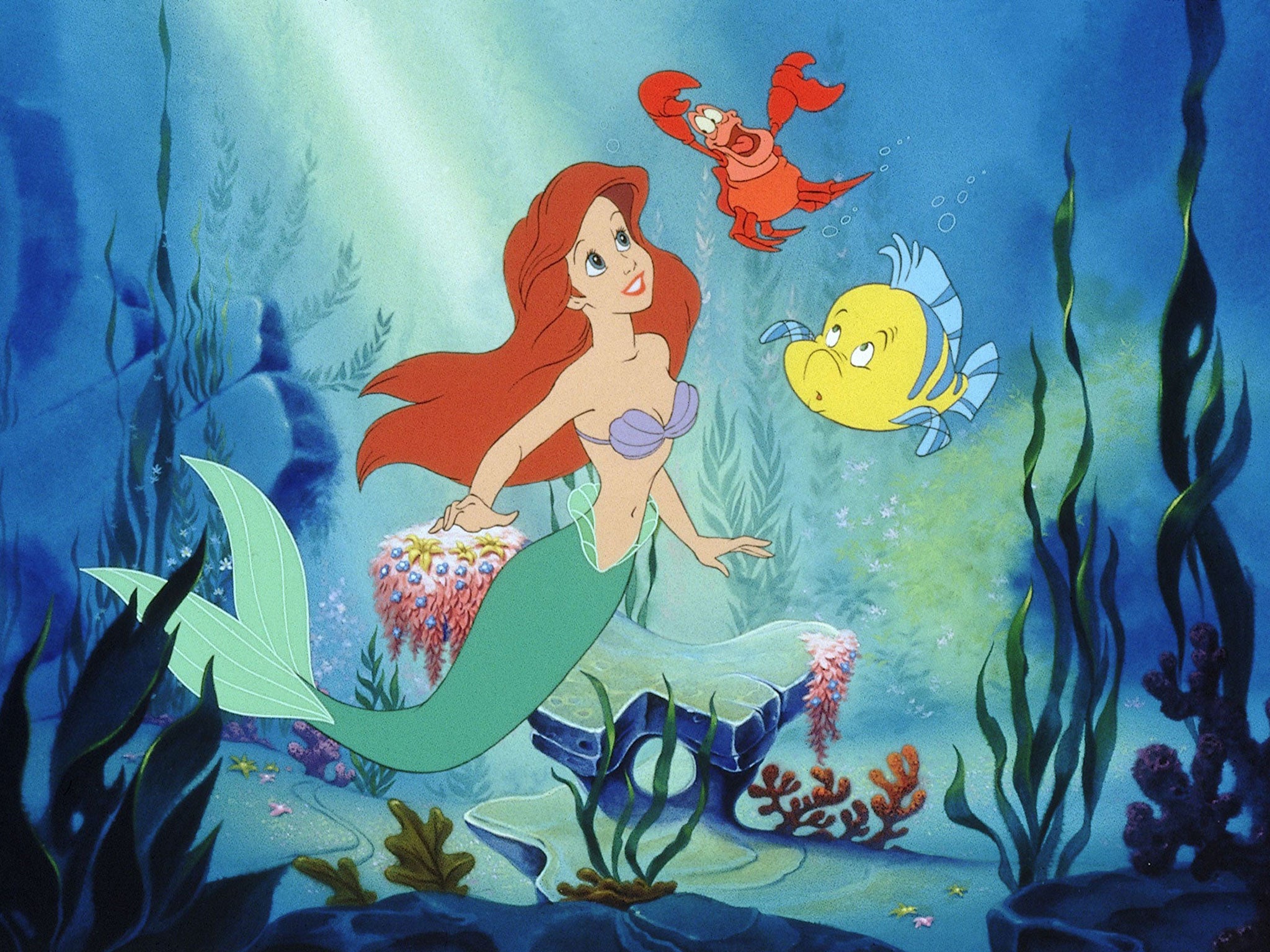Fairy Tales by Hans Christian Andersen, book of a lifetime: Bittersweet archetypes sustain our Western collective unconscious
Andersen's fairy tales were the source of Fay Weldon's literary mannerisms

Hans Christian Andersen's fairy tales are not fairy tales at all; they're too bittersweet, too knowledgable about the way of the world for that. What they've done is provide us with many of the archetypes that sustain our Western collective unconscious. The Little Mermaid still suffers as her beloved Prince marries someone far more suitable: the Little Match Girl still sits in our street corners, a prey to men: one day the Ugly Duckling will spread his wings and fly off as a swan.
This was the reading stuff of my childhood, forgotten until one day in the 1980s I visited the Hans Christian Andersen museum in Odense in Denmark – I was on an author's tour – and listened to a recording of Laurence Olivier reading The Snow Queen: about the unreachable lad with a splinter of ice in his heart, and Gerda wandering the world in search of him. I realised with a shock it was Andersen's fairy tales, not George Bernard Shaw's audacious plays or Aldous Huxley's intellectual novels, as I'd always deluded myself, which were the source of my literary mannerisms. At the time I was writing "dear reader" books – in which you take the readers by the scruff of their neck and shake them to make them pay attention. "Oh!" I write in Remember Me, a 1976 novel, "Listen and learn!" "Now then," writes Andersen in 1844, "let us begin. Listen, and in the end we will know more than we know now." (Oh, the plagiarism, the stuff that keeps welling out of the unconscious mind!). I daresay I've moved on from that mode of writing, and readers seem to prefer a more formal and respectful approach, but I suspect the tendency still lies there.
For a long time Andersen suffered from his translators, pious Victorian ladies who turned the stories into improving tales of virtue in times of adversity, dismissed by critics as mere sentimental religiosity. But fellow writers always acknowledged him. Dickens was a friend and admirer. Thackeray called him "that delightful delicate fanciful creature". Oscar Wilde's tales of social outcasts owe much to him. So does Lewis Carroll: '"What impertinence!' said the Pudding. 'I wonder how you'd like it, if I were to cut a slice out of you, you creature!"' Chesterton referred to him as that "queer, cranky and visionary Danish peasant, the author of immortal tales". But Andersen had to wait until 1954 to find a good and faithful translator in Reginald Spink. Then Disney got hold of him.
Fay Weldon's 'Mischief', an anthology of short stories with a new sci-fi novella "The Ted Dreams", is published by Head of Zeus
Join our commenting forum
Join thought-provoking conversations, follow other Independent readers and see their replies
Comments